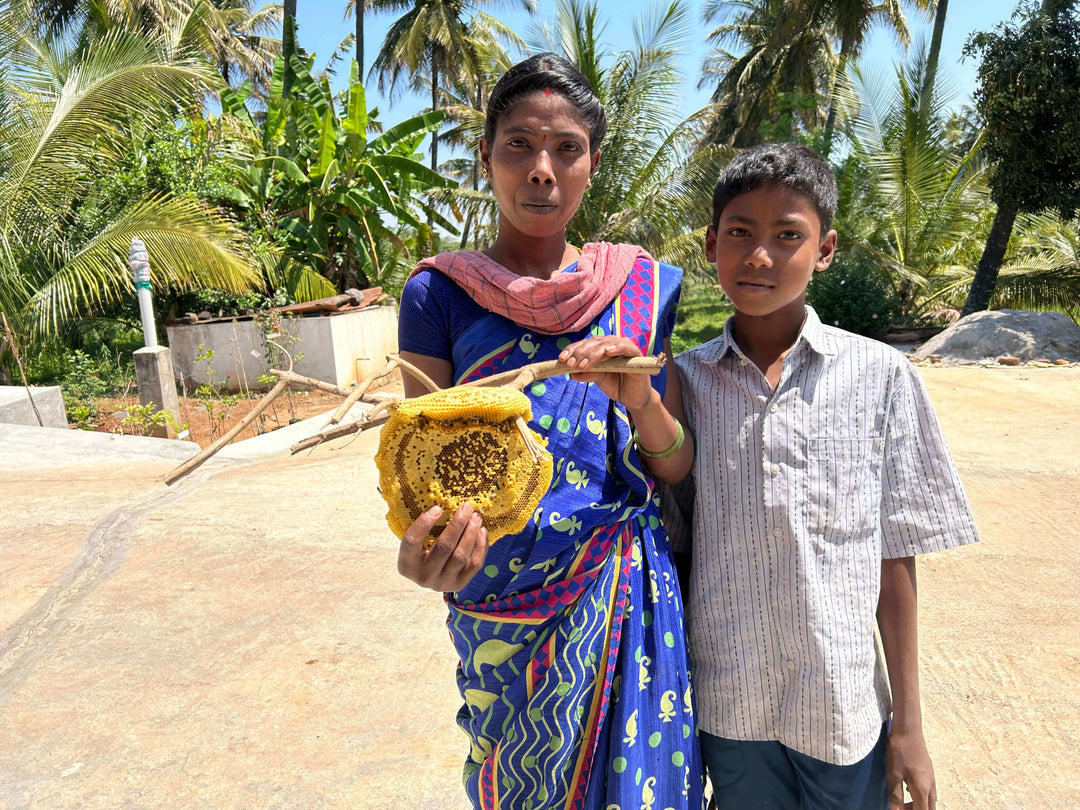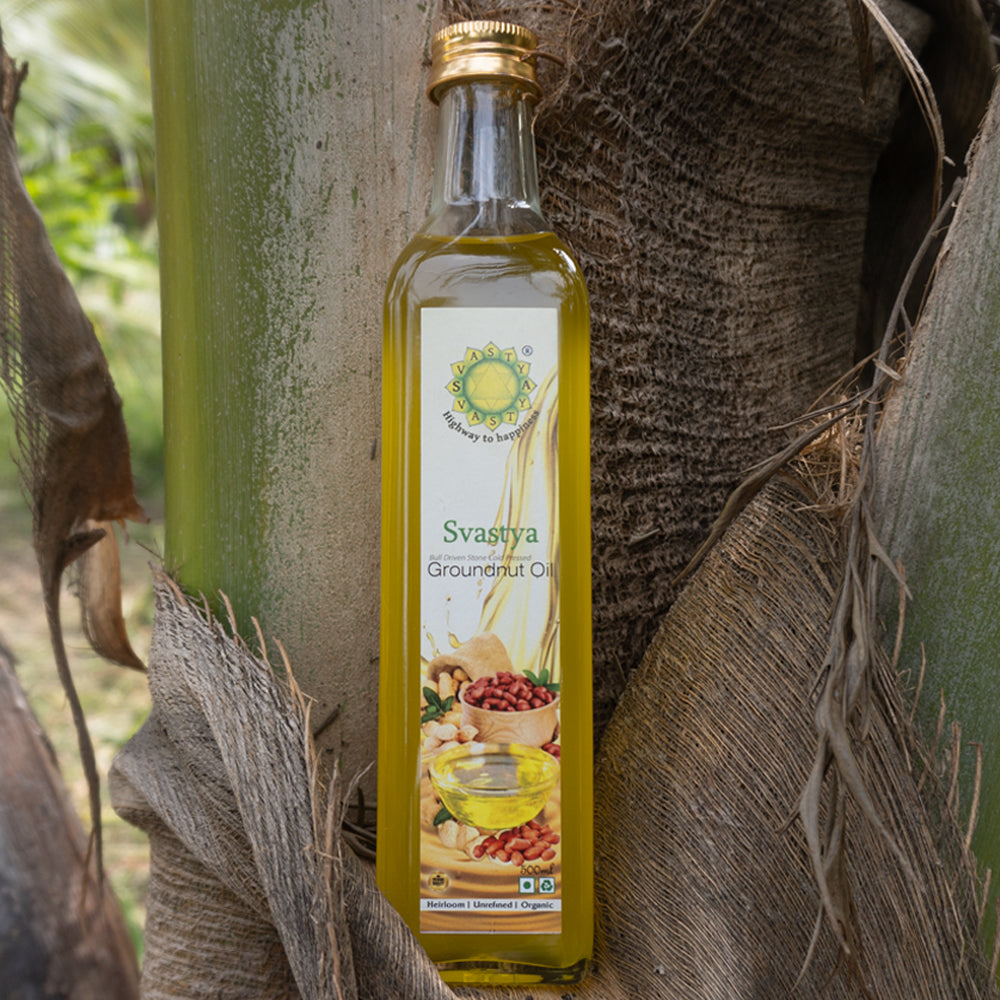Soil Health
What is healthy soil?
A healthy soil is one that allows plants to grow to their full potential, free of disease and pests, and without the need for off-farm supplements.
Bacteria, fungi, algae, protozoa, nematodes, and other tiny creatures thrive in healthy soil. These organisms are critical to plant health.

Soil bacteria produce natural antibiotics that help plants resist disease. Fungi aid plants in their absorption of water and nutrients. These bacteria and fungi are referred to collectively as "organic matter." The more organic matter there is in a soil sample, the healthier the soil.
Quantifying healthy soil
Farmers and scientists measure a variety of factors to determine soil health. How numerous are the microorganisms? How much nitrogen, for example, is there in the soil? During a drought, how well does the soil retain water? How much carbon can soil absorb from the atmosphere?.

Our certifying agents collect soil samples in the field. Before analysing the samples, they dry and weigh them in the lab. Organic systems, contrary to conventional systems, improve and build soil over time.
Aggregates in healthy soil help it bind together, preventing erosion and run-off. Because it can hold more water, plants fare better in drought conditions. It contains more bacteria and fungi that aid plants in their fight against diseases and pests. Furthermore, healthy soil contains more minerals and nutrients that feed plants.
Healthy soil is the foundation of our global food system, but it is under threat right now. According to the United Nations, we have less than 60 years of farmable topsoil left using current practises.
Every organic farming practise helps to create healthy, resilient soil that can support abundant life both below and above ground, making organic farming an effective tool for soil conservation.







